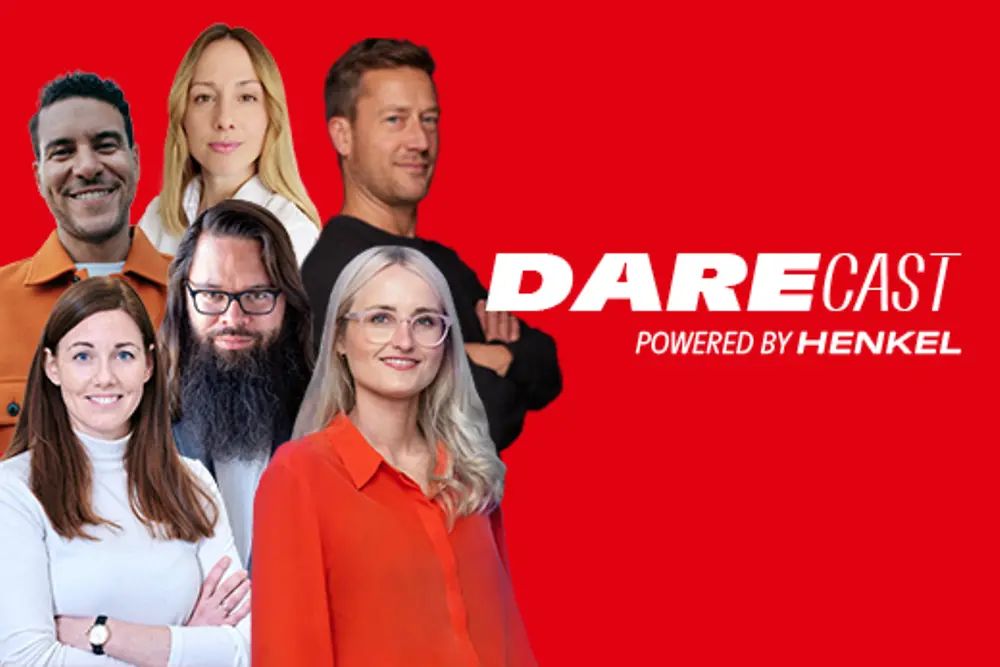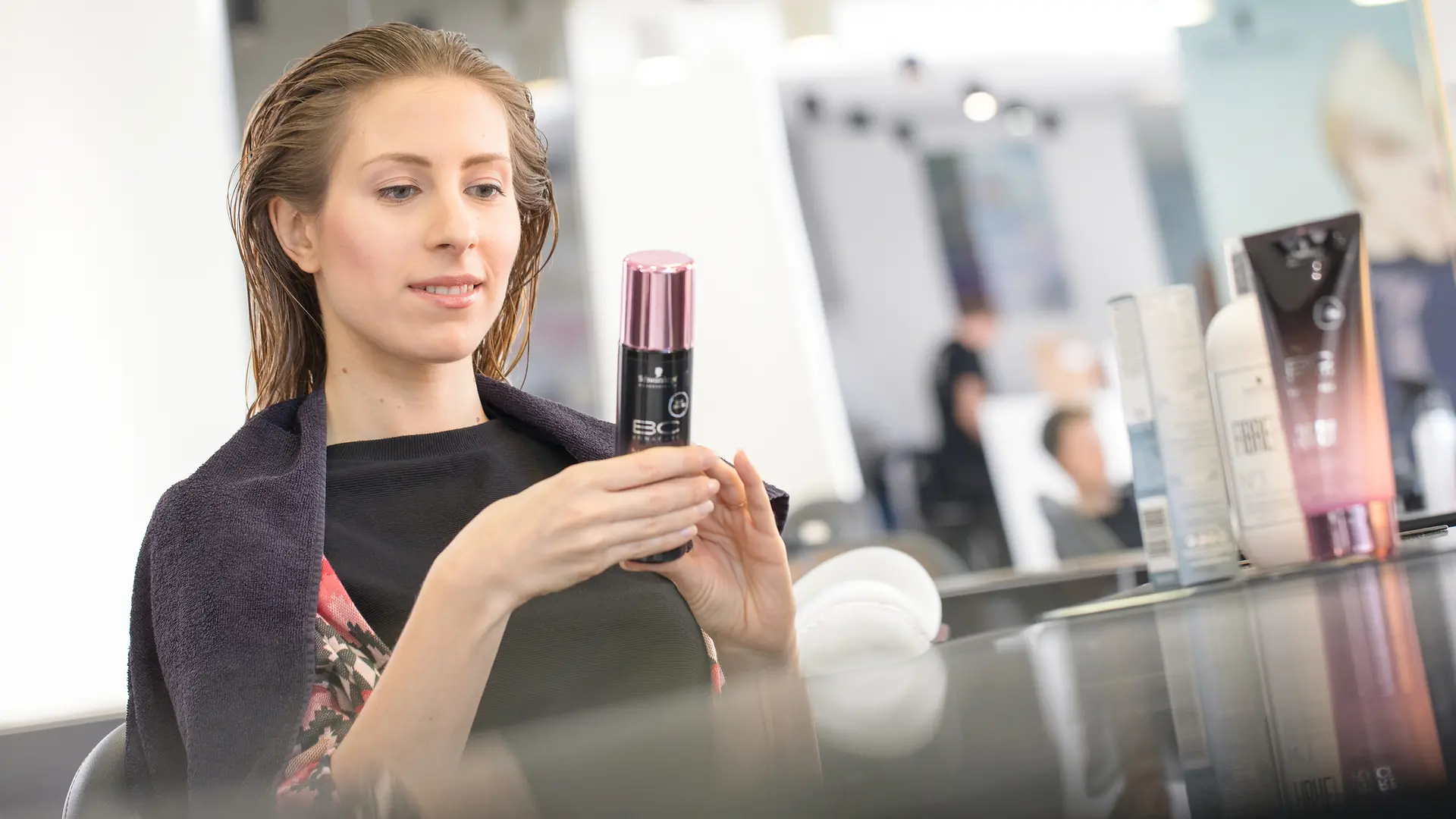The zeitgeist shapes the way consumers today see themselves more strongly than ever before. Universal information that is constantly available results in consumers being able to research and fact-check statements anytime they please. There are even apps for this, like Codecheck, which lets users scan product bar codes to identify and better understand the ingredients in cosmetics and food. It makes little difference whether or not the information on this platform is factually accurate. Consumers perceive the app to be informative and see it as a good way of finding out more about product ingredients.
Consumers inform themselves about the ingredients in their favorite products and are becoming increasingly critical of brands.
With the ubiquitousness of social media comes a greater need for customer profiling. Sharing one’s opinion, making public comments and reacting to other people’s views are increasingly seen as a way of making one’s voice heard.
These developments, taken together, mean that consumers are now more and more motivated to take things into their own hands in many areas of their lives – and not just by passively clicking Like buttons, but also by actively contributing in forums, posting comments and sharing contents on social media. Consumers have also been quick to understand how powerful these tools really are: public shaming and cyber-bullying are no longer a rarity on any platform.
This digital coming of age for consumers has also led to a boost in self-confidence. Consumers are now well-informed, critical, keen to debate, opinionated and goal-oriented. The biggest mistake brands can make nowadays is to cling to their self-perception as all-knowing entities.














